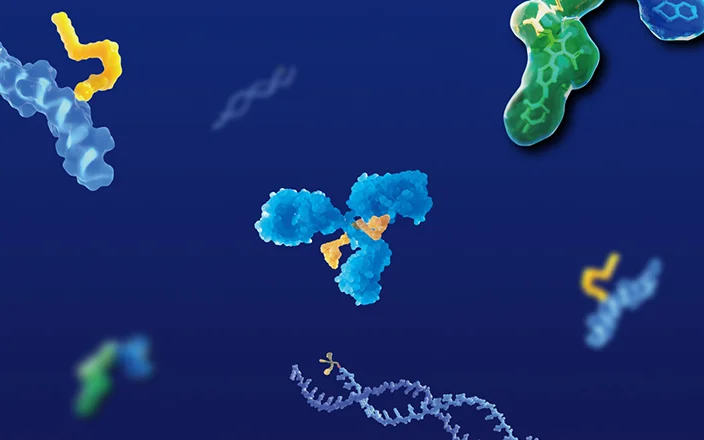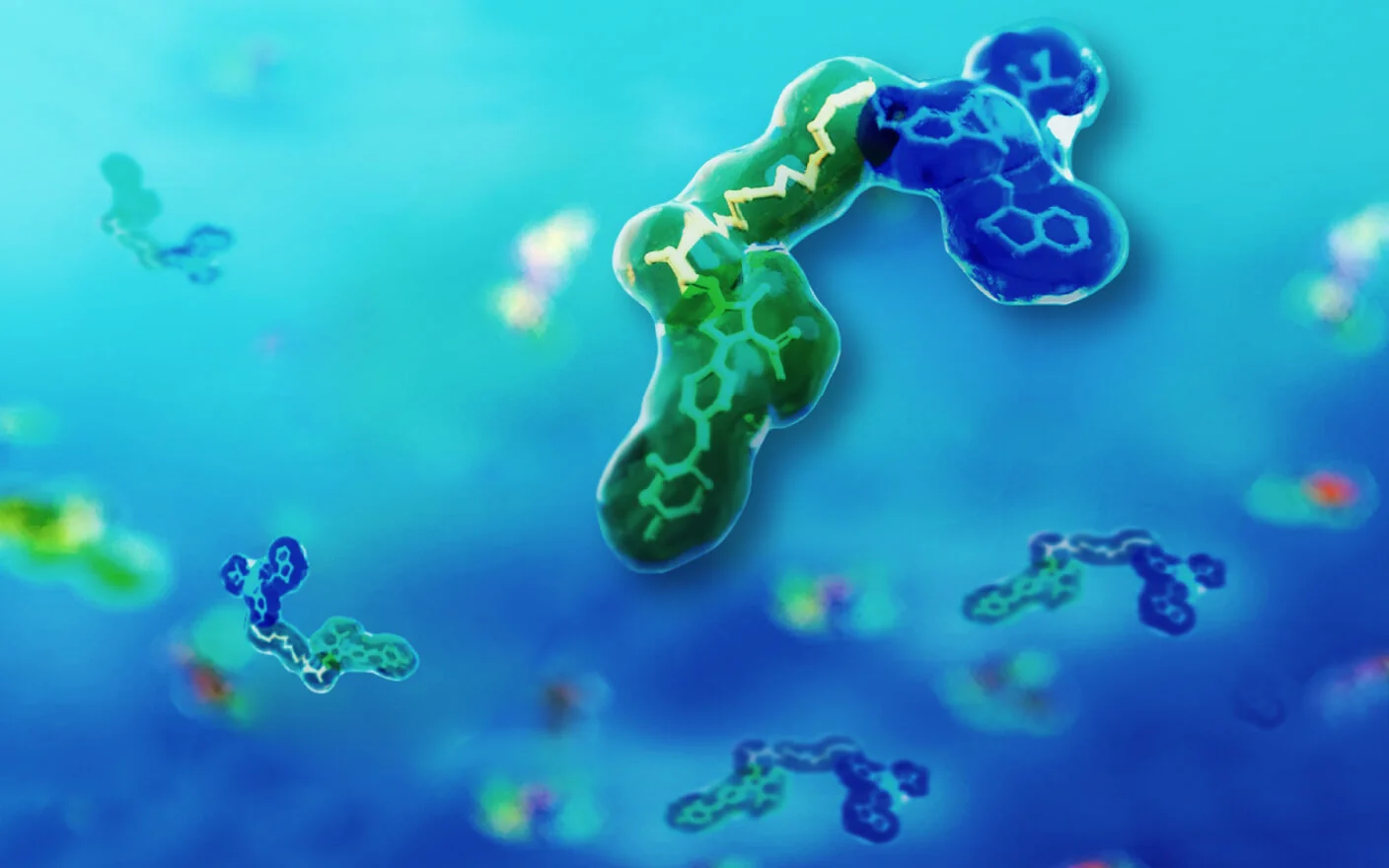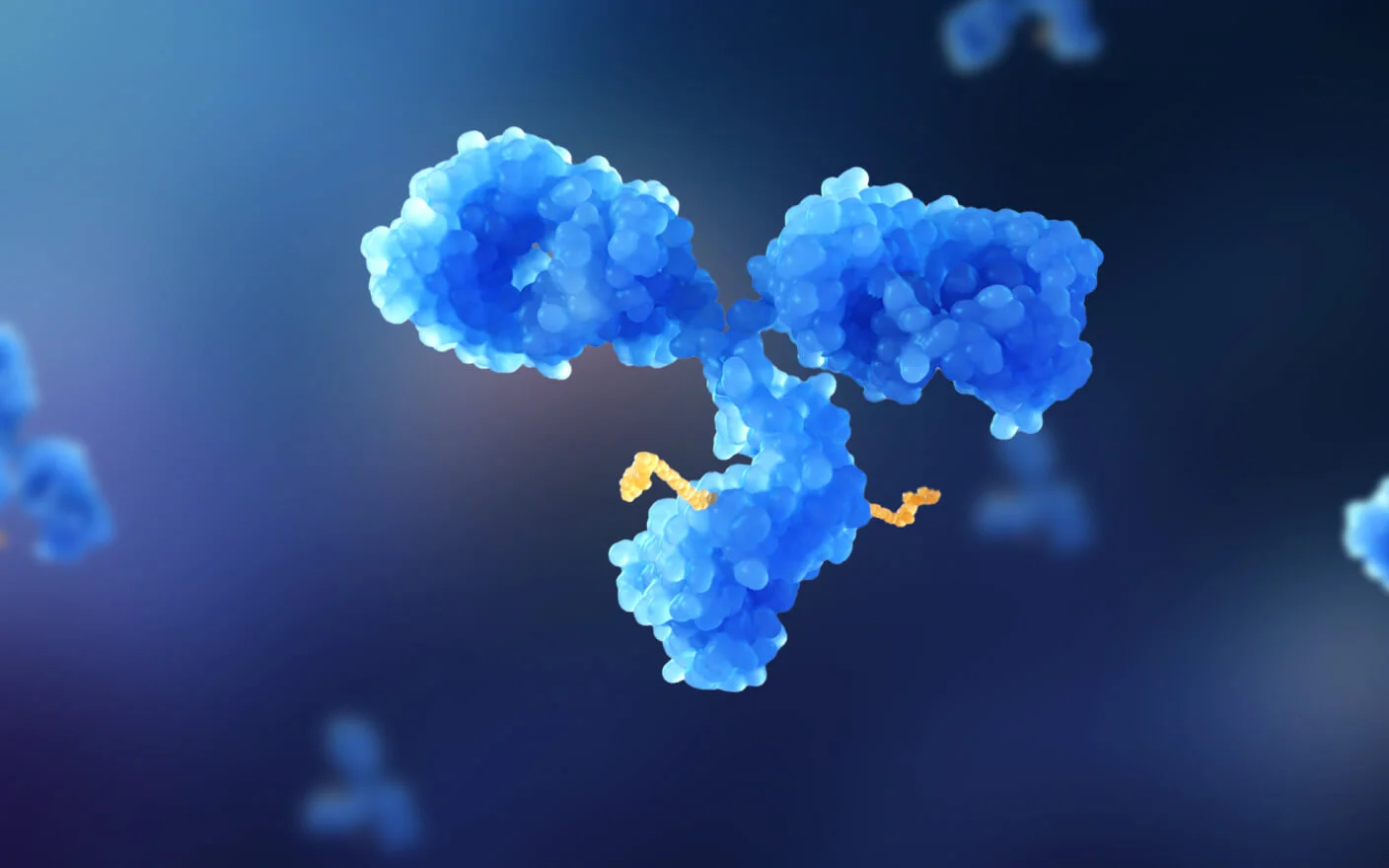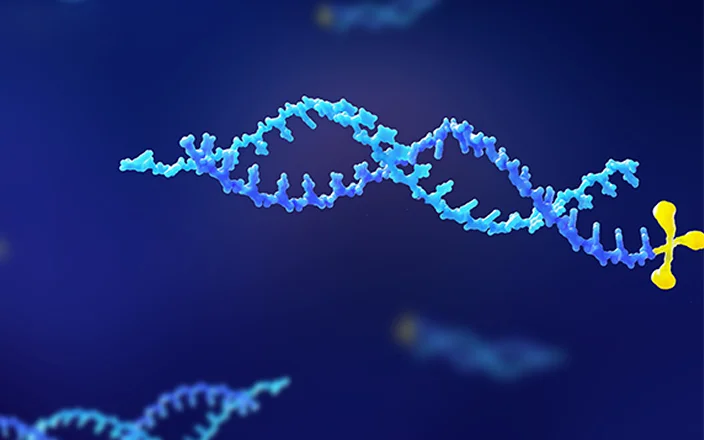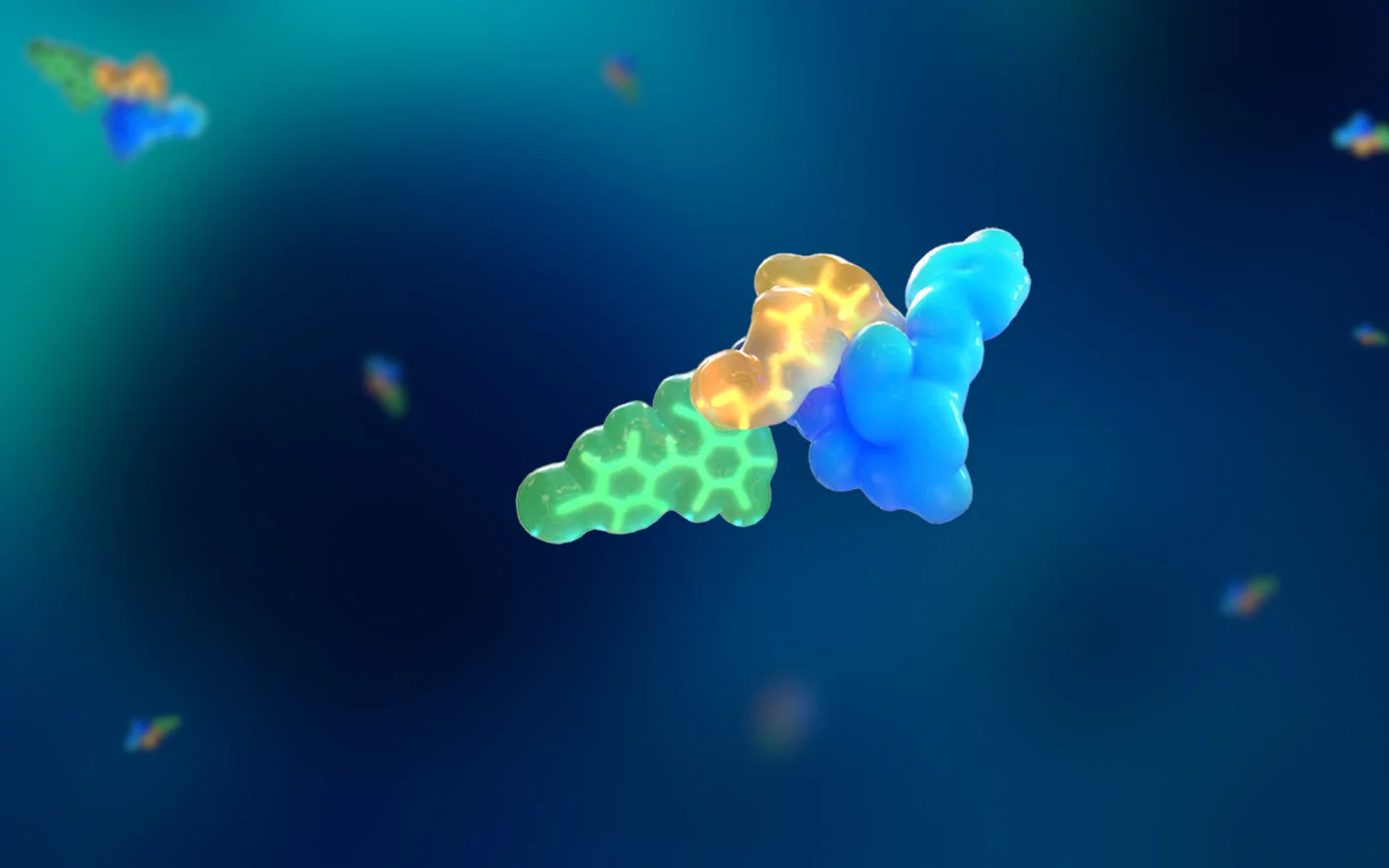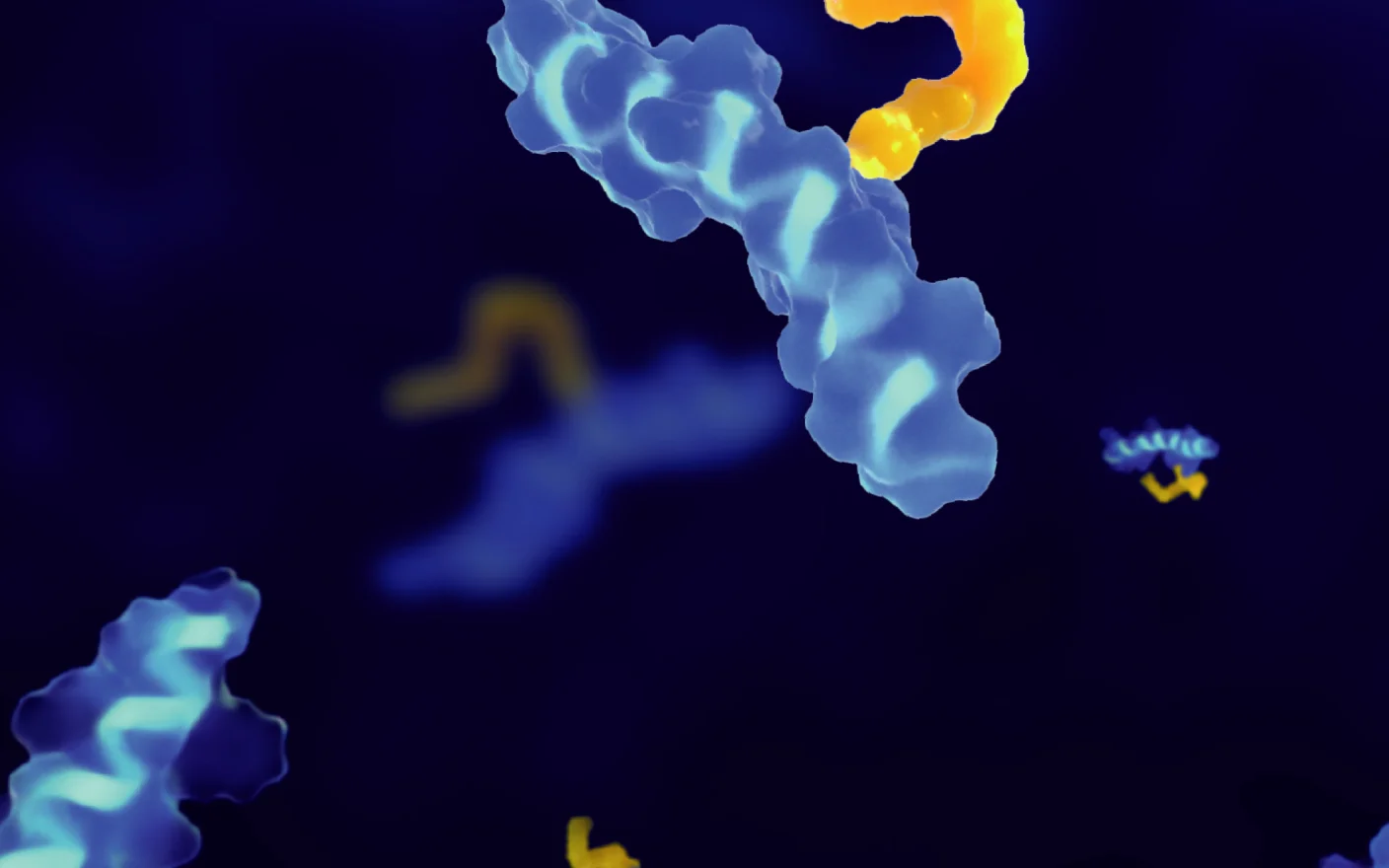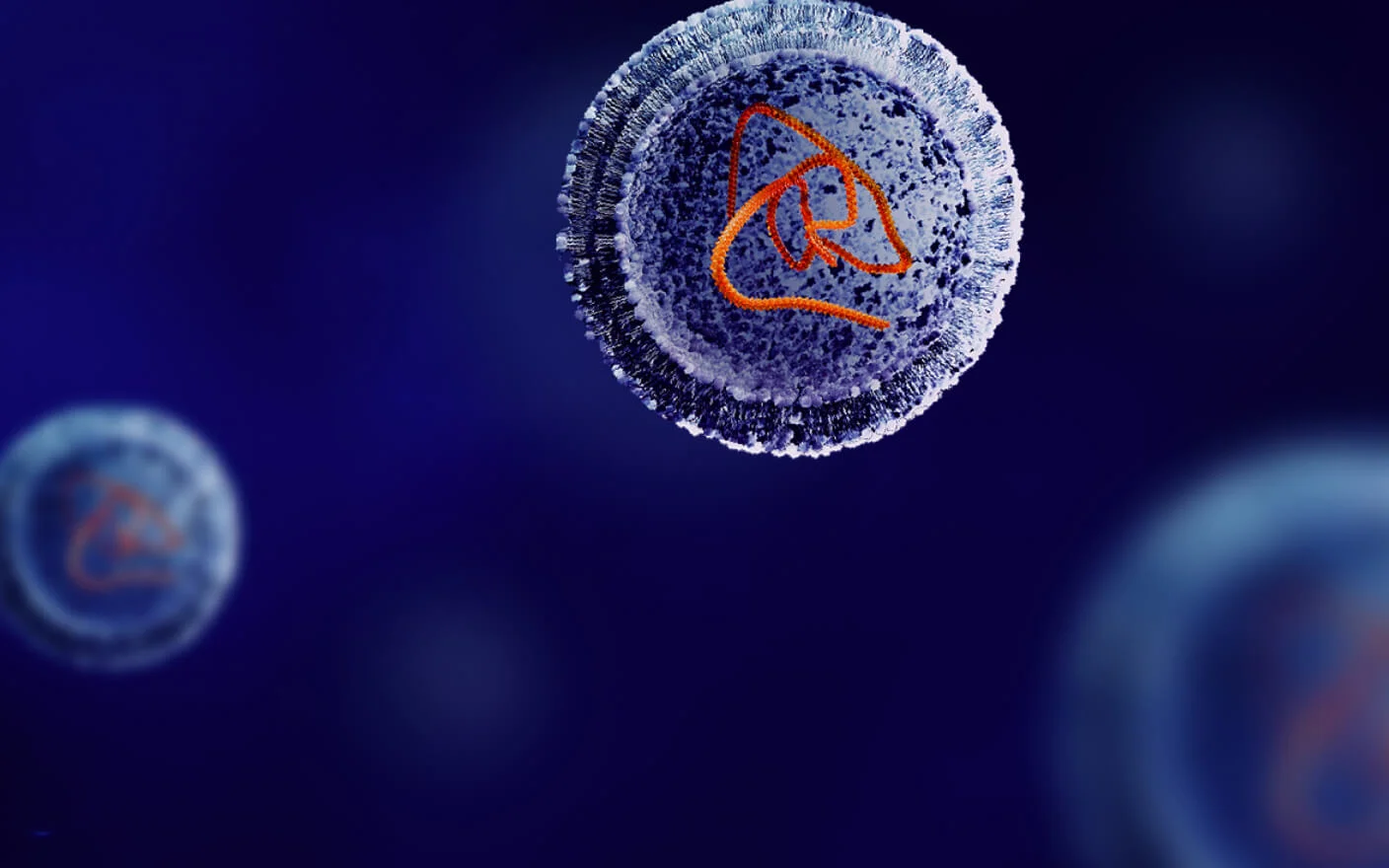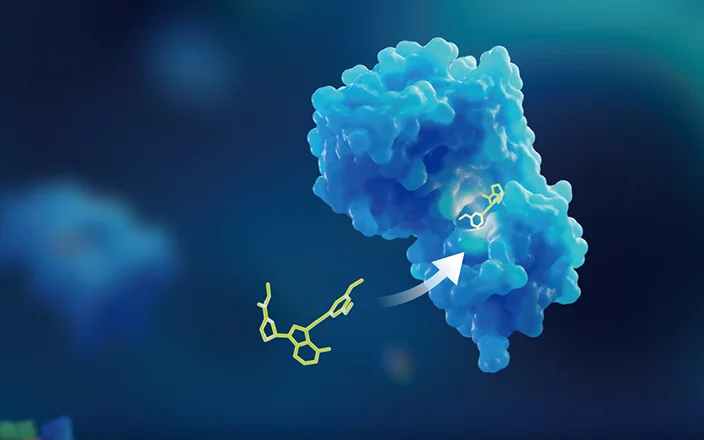For cancer therapy, the antibody acts as a precise “navigator” to target the tumor, while the payload acts as the “bullet” with a linker covalently linked in between. While the “navigator” and “bullet” are crucial components of antibody-drug conjugates (ADCs), linker has now been regarded as a critical element in antibody-drug conjugates with the development and the accumulation of clinical experience of ADCs.
The Features of Different Types of Drug Conjugate Linkers
Four types of linkers have emerged in the approved antibody-drug conjugates, including non-cleavable and three cleavable linkers (enzyme-cleavable, GSH-cleavable, and acid-cleavable linkers).1 The traditional four types of linkers have different characteristics, which should be considered in the design of drug conjugates.
(1) Acid-cleavable linkers
-
Poor plasma stability and short half-life
-
Only moderately cytotoxic payloads can be attached
(2) GSH-cleavable linkers
-
Glutathione-induced cleavage
-
Stable in the circulatory system
-
Stability is easily influenced by α-substituents
(3) Enzyme-cleavable linkers
-
More stable than GSH-cleavable and acid-cleavable linkers
-
Effectively distinguish plasma and target cells
-
Usually used in combination with self-immolative units such as p-aminobenzyl carbamate (PABC)
(4) Non-cleavable linkers
-
Requires high antigen expression in tumor cells so that efficient internalization of antibody-drug conjugates occurs
-
Long half-life in the bloodstream, relatively less likely to exhibit off-target effects
-
Other parts of the conjugated drugs are cracked first, releasing metabolites except for the payload before the linker breaks.
Drug Conjugate Linker’s Effect on the PK, Drug Efficacy, and Toxicity Profiles
The linker plays a key role in modulating ADC stability in the systemic circulation and release of the drug for full activity at the target site.2 Many key parameters of the linker, including branch, electronic charge, polarity, and hydrophilicity, affect the PK, drug efficacy, and toxicity of conjugated drugs. Notably, hydrophilicity is crucial for antibody-drug conjugates development, and low hydrophilicity of the linker can cause many problems including low coupling efficiency, deposition of antibody-drug conjugates in plasma, and non-specific uptake of ADCs in tissues.3 Linker not only affects PK and toxicity profile but also has an obvious influence on ADCs’ efficacy, as linker directly affects the release efficiency of the payload.
In order to improve ADCs’ efficacy, one method is to avoid or reduce drug resistance of the payload. Antibody-drug conjugates normally employ cytotoxic agents as payloads, but many of them are substrates of the efflux transporter MDR1, which is an important mechanism to generate drug resistance. Reduction of the drug resistance of the payloads by changing the linker could enhance ADCs’ therapeutic index.
The efficacy of antibody-drug conjugates may also be associated with the “bystander effect”. When the ADCs are near the tumor cell, cytotoxic payloads are released within the cell through endocytosis by binding to the antigen on the tumor cell. In some cases, the payloads may have sufficient membrane permeability to diffuse out of the target cells and kill the surrounding tumor cells. Additionally, instead of internalization, the conjugated drug may release payloads by linker cleavage within the tumor cell microenvironment, killing not only target cells but also non-targeted cells nearby.
Nowadays, some new linkers with novel mechanisms are also under development. Based on different modes of linker cleavage, WuXi AppTec DMPK has established multiple in vitro assays to assess the stability of linkers and to further identify their metabolites The establishment of these assays aims to facilitate the development of conjugated drugs.
If you want to learn more details about the linkers in conjugated drugs and their effects on drug properties, please read the article now.
Committed to accelerating drug discovery and development, we offer a full range of discovery screening, preclinical development, clinical drug metabolism, and pharmacokinetic (DMPK) platforms and services. With research facilities in the United States (New Jersey) and China (Shanghai, Suzhou, Nanjing, and Nantong), 1,000+ scientists, and over fifteen years of experience in Investigational New Drug (IND) application, our DMPK team at WuXi AppTec are serving 1,500+ global clients, and have successfully supported 1,200+ IND applications.
Talk to a WuXi AppTec expert today to get the support you need to achieve your drug development goals.
Reference
1.Alas, M., et al. Peptide−Drug Conjugates with Different Linkers for Cancer Therapy. J. Med. Chem. 2021, 64, 216.
2.Su, D., et al. Linker Design Impacts Antibody-Drug Conjugate Pharmacokinetics and Efficacy via Modulating the Stability and Payload Release Efficiency. Front Pharmacol., 2021; 12, 68, 7926.
3.Lyon R. P., et al. Reducing hydrophobicity of homogeneous antibody‒drug conjugates improves pharmacokinetics and therapeutic index. Nat. Biotechnol. 2015, 33, 733.
Related Services and Platforms




Stay Connected
Keep up with the latest news and insights.





